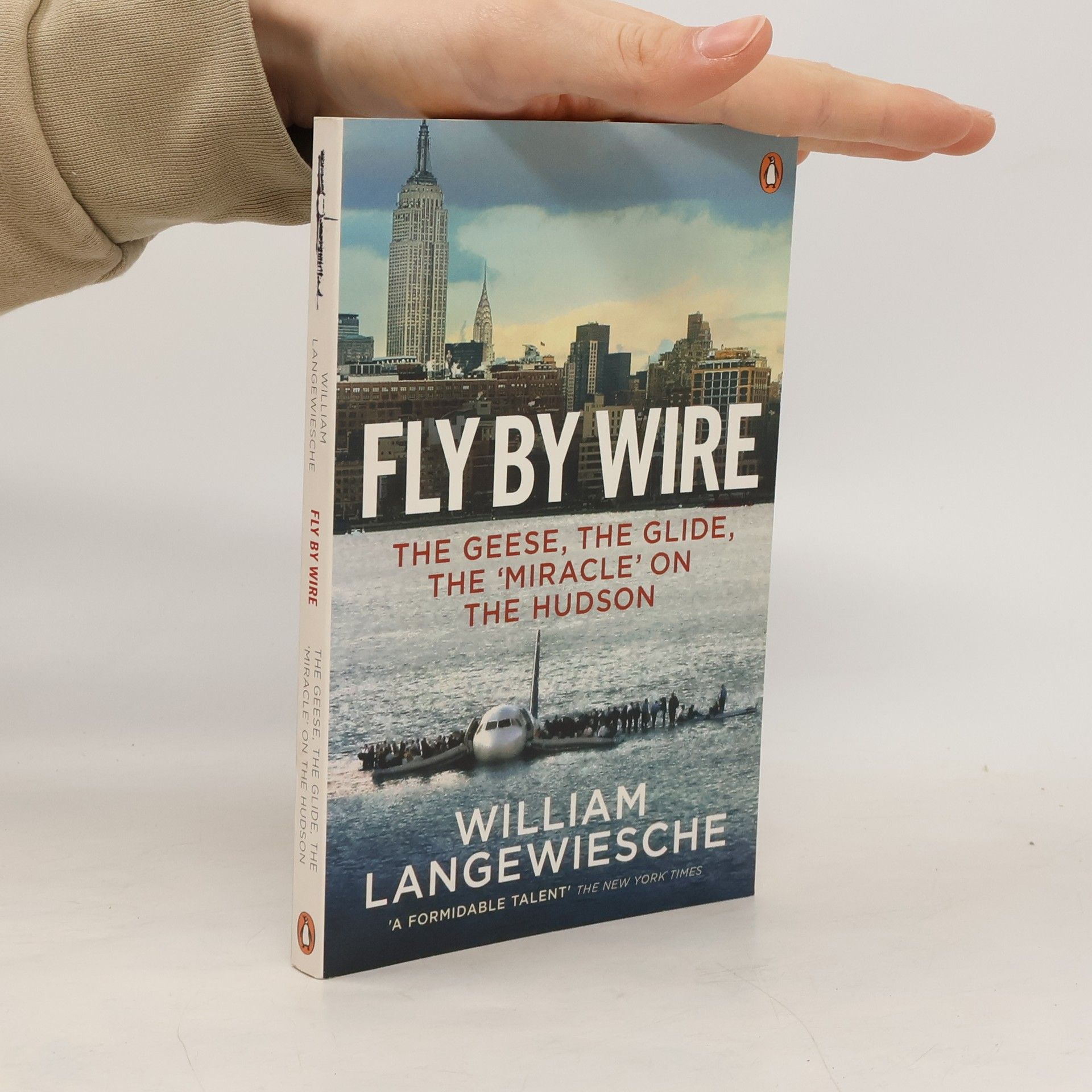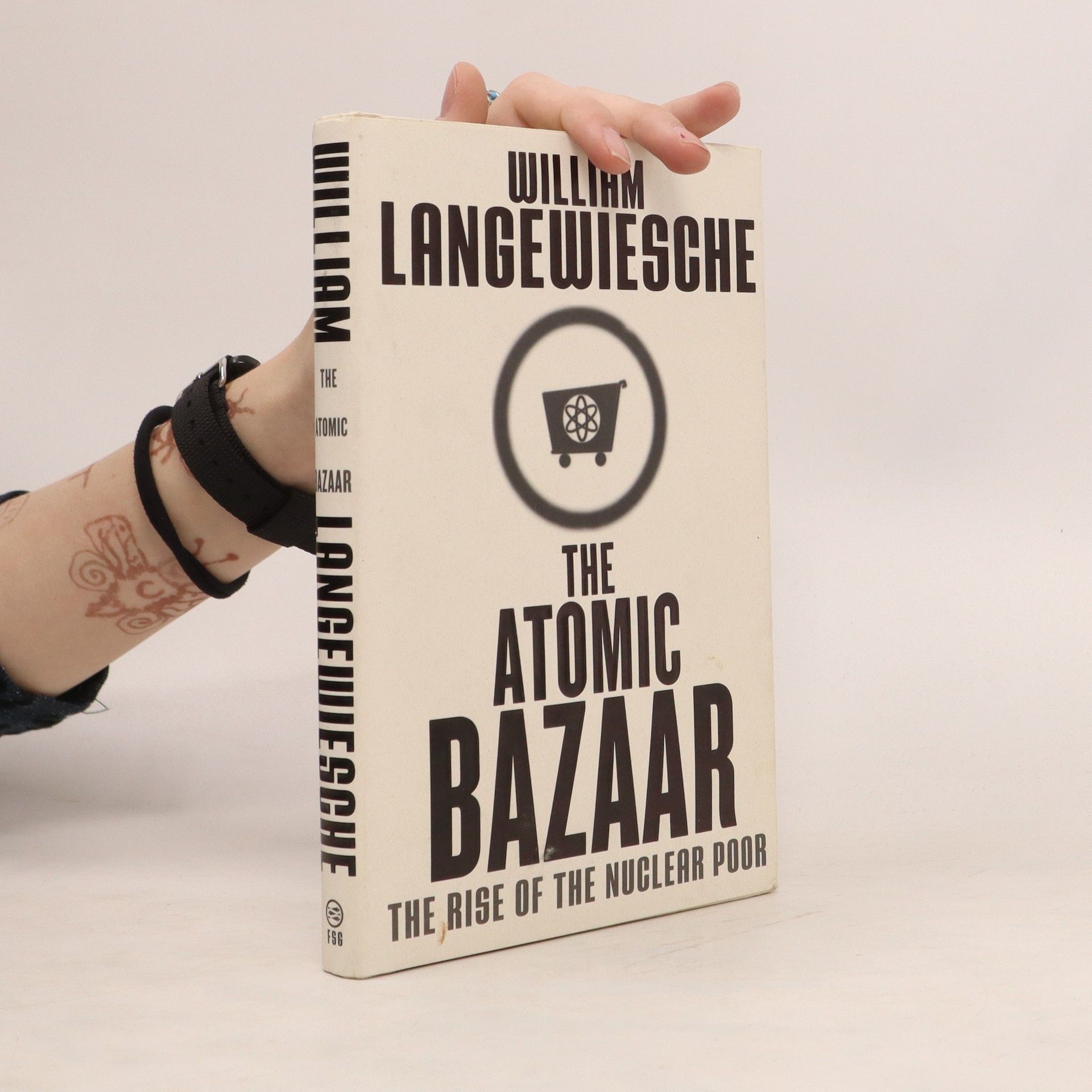In his shocking and revelatory new work, the celebrated journalist William Langewiesche investigates the burgeoning global threat of nuclear weapons production. This is the story of the inexorable drift of nuclear weapons technology from the hands of the rich into the hands of the poor. As more unstable and undeveloped nations find ways of acquiring the ultimate arms, the stakes of state-sponsored nuclear activity have soared to frightening heights. Even more disturbing is the likelihood of such weapons being manufactured and deployed by guerrilla non-state terrorists. Langewiesche also recounts the recent history of Abdul Qadeer Khan, the scientist at the forefront of nuclear development and trade in the Middle East who masterminded the theft and sale of centrifuge designs that helped to build Pakistan’s nuclear arsenal, and who single-handedly peddled nuclear plans to North Korea, Iran, and other potentially hostile countries. He then examines in dramatic and tangible detail the chances for nuclear terrorism. From Hiroshima to the present day, Langewiesche describes a reality of urgent consequence to us all. This searing, provocative, and timely report is a triumph of investigative journalism, and a masterful laying out of the most critical political problem the world now faces.
William Langewiesche Livres



Fly By Wire
- 208pages
- 8 heures de lecture
From the testing laboratories where engineers struggle to build a jet engine that can resist bird attacks, through the creation of the A320 in France, to the political and social forces that have sought to minimize the impact of revolutionary fly-by-wire technology, this work lets us question our assumptions about human beings in modern aviation.